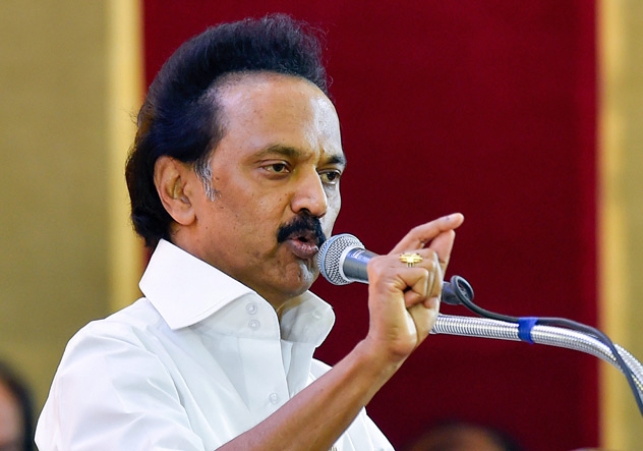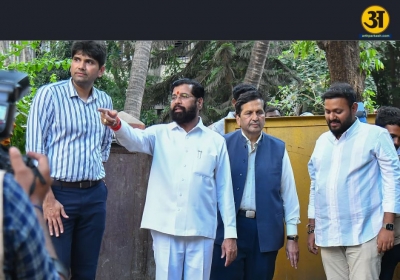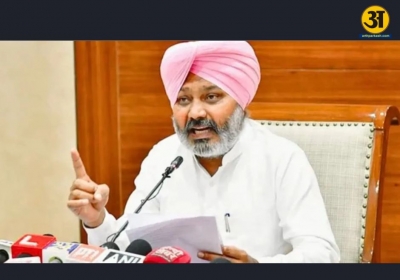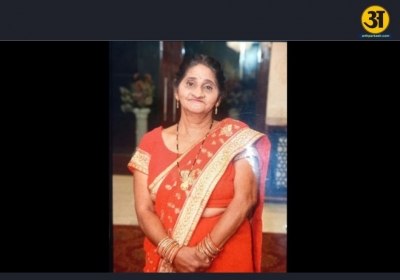
Tamil Nadu CM's appeal to shift education to state list amid NEET debate
Call for state control: Tamil Nadu CM's plea to shift education to State list amid NEET controversy
Tamil Nadu Chief Minister MK Stalin has expressed the need to transfer education from the concurrent list to the state list within the Constitution. This recommendation comes amidst a heated debate over the anti-NEET bill that the state assembly has passed twice, leading to tensions with Governor R N Ravi.
In his Independence Day address, CM Stalin unveiled several initiatives. He announced the creation of a welfare board for gig workers, extension of the breakfast program to all government schools, and a scheme that offers ₹1,000 per month to every woman starting from September 15. Additionally, he highlighted specialized skill coaching for those aspiring to join the armed services.
Education in state jurisdiction
Stalin emphasized the importance of transferring subjects closely linked to people's lives to the state list of the Constitution, with education being a significant focus. He contended that such a move could eliminate contentious exams like the National Eligibility cum Entrance Test (NEET). He cited the views of prominent Dravidian leaders, including C N Annadurai and M Karunanidhi, who advocated for greater autonomy for states within the federal structure of India.
In light of a tragic incident where a NEET aspirant and his father died by suicide due to alleged stress related to the medical entrance test, Stalin urged President Droupadi Murmu to swiftly approve a state bill that seeks to exempt Tamil Nadu from the NEET test. He criticized Governor R N Ravi for his pro-NEET stance, noting that the Constitution's Forty-second Amendment Act of 1976 transferred the subject of education from the state list to the concurrent list.
ALSO READ: Afghan Women's Rights Advocate Confronts Taliban Over Education Ban
Stalin's vision for the nation underscores the need for development that considers the diverse races, languages, religions, and cultures of its people. He hailed the Dravidian model of governance that prioritizes social justice and inclusivity, expressing hope that this model would resonate across India.
Honoring leaders and future endeavors
Stalin acknowledged visionary leaders like Dr B R Ambedkar and 'Periyar' E V Ramasamy, who advocated for an egalitarian India. He highlighted Tamil Nadu's commitment to such ideals and unveiled plans to fill approximately 55,000 vacancies in government departments. Additionally, a scheme to enhance the skills of retired armed forces personnel for re-employment opportunities was introduced.
To further enhance social welfare, Stalin announced the expansion of the breakfast program to all state-run schools, a welfare board for gig workers, and a monthly assistance scheme for women. The CM's dedication to empowering women also encompassed initiatives like subsidies for women autorickshaw drivers and a dedicated park to commemorate Kalaignar's centenary.
Stalin took pride in the DMK regime's achievements, such as the fare-free travel program for women in government town buses. He highlighted that Tamil Nadu has experienced comprehensive growth during the past two years, reiterating the administration's commitment to the welfare of its citizens.
Amidst pressing debates and evolving policies, CM Stalin's address reflected a commitment to equitable development and the welfare of Tamil Nadu's residents.
ALSO READ: Afghan Women's Rights Advocate Confronts Taliban Over Education Ban





